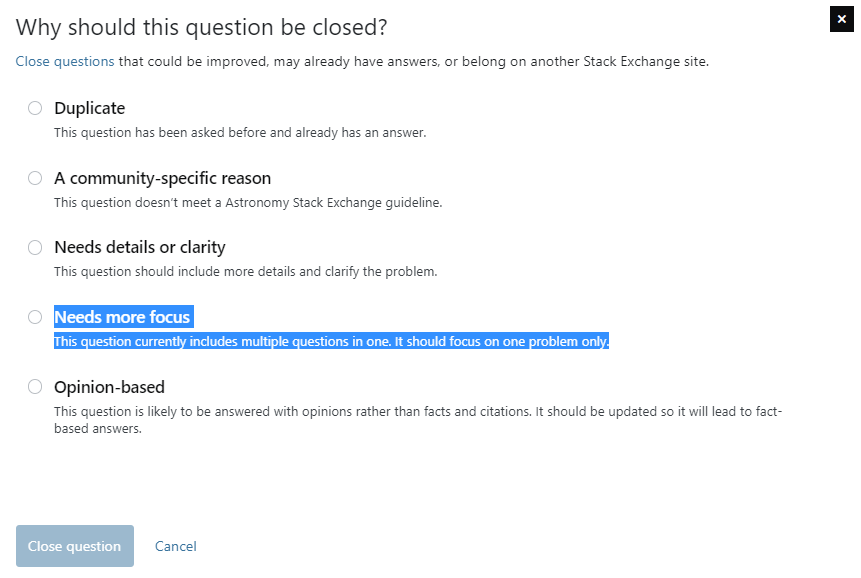If a question has multiple parts A, B, and C, then how to the pros and cons balance out for partial answers vs. complete answers?
Obviously an excellent answer that covers A, B, and C is most likely to be upvoted and accepted.
But it seems that the answers per question ratio is one of the indicators of a good site. The ratio increases if someone answers B, and someone else answers C.
What would the ideal outcome be, if a question already has separate answers for A, B, and C? It's not clear to me if someone should come in and make massive edits to one answer in an attempt to bring in answers to the other parts, or post a new answer with copied material addressing all the points. Without one of these actions, how could the questioner accept any of the incomplete answers?
I did some searching around but did not find this topic addressed. But feel free to point me to a good link if it is available somewhere.

